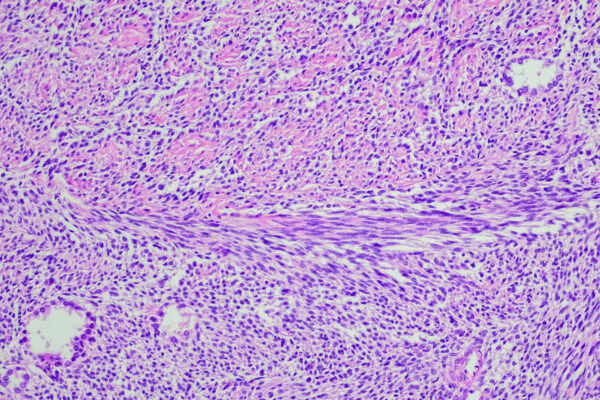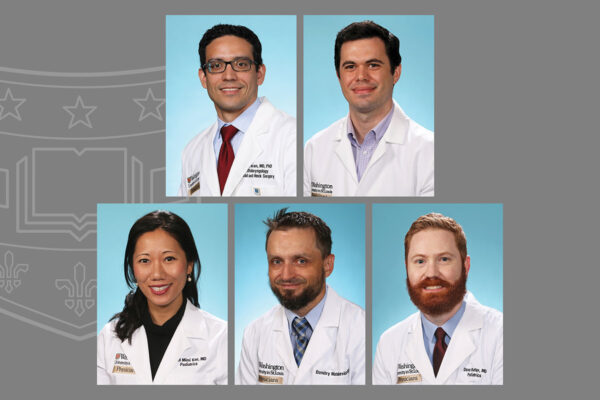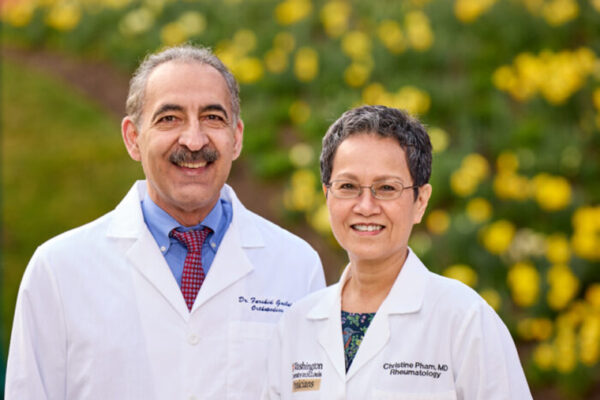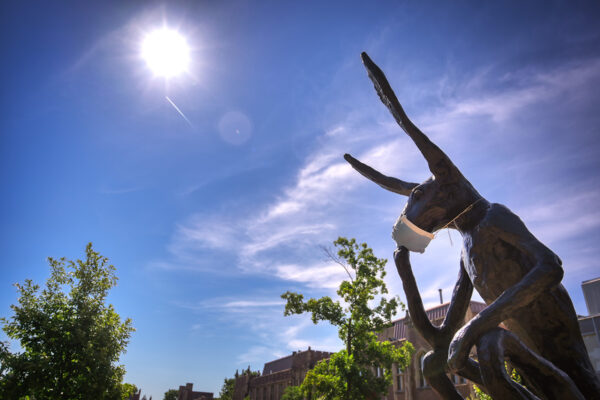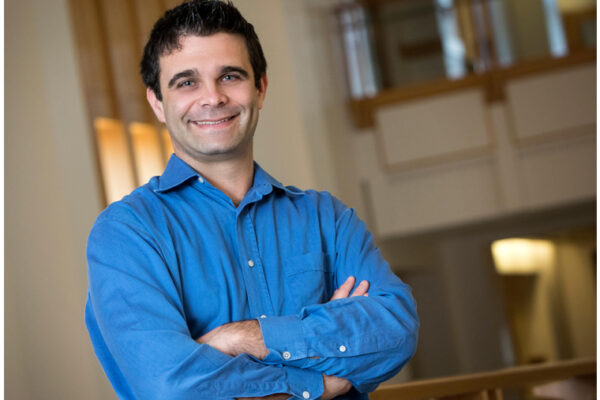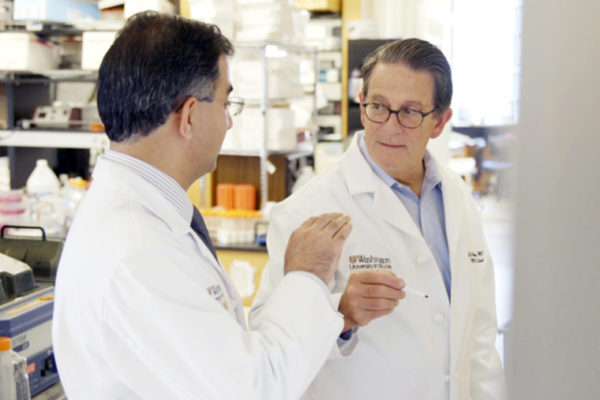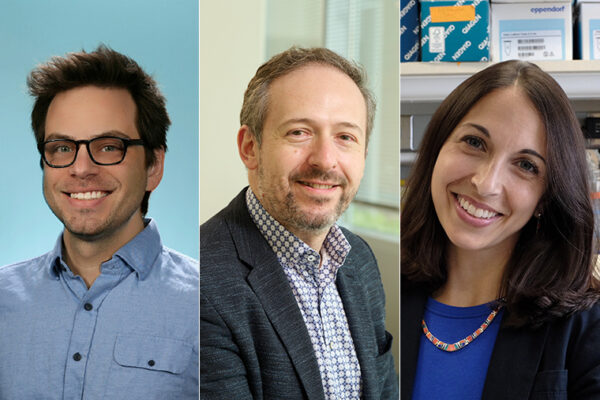Age: an overlooked factor in higher education DEI initiatives
As universities around the world strive to cultivate diverse and equitable communities, a recent study from the Brown School at Washington University in St. Louis highlights the necessity of recognizing age as a fundamental dimension of diversity.
Combining multiple meds into a single pill reduces cardiovascular deaths
New research at the School of Medicine bolsters previous findings that “polypills” — single pills that combine medications that target cardiovascular disease-related conditions — are beneficial in preventing heart attacks and strokes and reducing deaths. As a result of the study, the World Health Organization has added such polypills to its most recent Model List of Essential Medicines.
Some sarcoma patients improve with T cell immunotherapy
A clinical trial led by School of Medicine researchers has shown that a T cell immunotherapy — in which the patients’ own T cells are genetically modified to attack and kill cancer cells — is effective in treating some patients with rare cancers of the body’s soft tissues. The study focused on the rare cancers synovial sarcoma and myxoid round cell liposarcoma.
Five physician-scientists named to newest class of Dean’s Scholars
The Division of Physician-Scientists at Washington University School of Medicine in St. Louis has announced its fifth class of Dean’s Scholars.
Seven faculty inducted as AIMBE fellows
Seven Washington University in St. Louis faculty members have been named fellows of the American Institute for Medical and Biological Engineering, joining 23 existing fellows at Washington University.
Award of up to $31 million supports development of osteoarthritis treatment
A team of Washington University researchers has received an award of up to $31 million from the Advanced Research Projects Agency for Health to develop a single-injection treatment for osteoarthritis that promotes tissue regeneration and restores joints.
Pandemic course improved COVID-19 knowledge, study finds
A survey of nearly 1,000 people found Arts & Sciences’ course “The Pandemic: Science & Society” led to more accurate risk perception and stronger protective behaviors.
Huebsch wins NSF CAREER award
The National Science Foundation has given a CAREER award to Nathaniel Huebsch, an assistant professor of biomedical engineering in the McKelvey School of Engineering at Washington University in St. Louis.
DiPersio honored with E. Donnall Thomas lectureship
John F. DiPersio, MD, PhD, the Virginia E. and Sam J. Golman Professor of Medicine at the School of Medicine, delivered the E. Donnall Thomas Lecture in San Antonio at the Transplantation & Cellular Therapy Meetings of the American Society for Transplantation and Cellular Therapy and the Center for International Blood and Marrow Transplant Research.
Chan Zuckerberg Initiative funds pilot projects in neurodegeneration, neuroscience
Two innovative pilot projects led by researchers at Washington University School of Medicine have received funding from the Chan Zuckerberg Initiative to address critical challenges in the fields of neurodegeneration and neuroscience.
Older Stories


